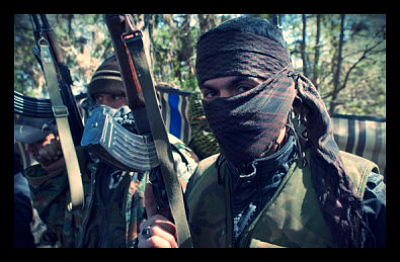Hear “Over Under Sideways Down” and you may think of the experimental, blues-rock single released by the English Yardbirds in the 1960s. On the off chance that experimental 1960s English music is unfamiliar, the song is sung by someone lost to the high life. “Over, under, sideways, down, backwards, forwards, square and ‘round…when will it end?” asks the chorus.
Though for completely different reasons, the feelings of confusion and displacement professed in the song are echoed in a recently released comic of the same name. Commissioned by Amnesty International in honor of Refugee week, it tells the story of Iranian Ebrahim Esmail.
Esmail is Kurdish Iranian, one in a group of people marginalized and often very poor. In addition to the trials he faced as an ethnic Kurd, he has long been a victim of political persecution. At 6 years old, he was shot in leg, an event from which he still bears a scar. His father, a reformer and activist, was murdered. At 9, he was passing out political flyers for his stepfather. At 15 it was revealed that he was in danger, and he was forced to leave his mother and his home.
The smugglers who led Esmail and others to the United Kingdom took complete advantage of the vulnerability of their charges. They were brutal and inhumane in their treatment of the men and women with whom they had been entrusted. They abandoned Esmail as soon as he reached the U.K. Left with no money and no connections, he found police authorities, then spent four years in examination after interview after court case. He was finally given “leave to remain” in the country.
This was, briefly, the story given to comic creator Karrie Fransman. Having written for The Guardian, The Times and Random House, she was hardly short on experience. But the task was daunting. “I listened to everything Ebrahim was telling me and thought, how on Earth am I going to draw this?” she said in a recent interview.
To some, comics are for children. But it is immediately apparent that Fransman’s work is not. Muted in tone and understated in narrative, it simply and sympathetically presents Esmail’s story, without overpowering it.
Fransman expresses her honor in speaking with Esmail and committing some of his life to the page. Esmail seems satisfied with the result. “The experiences I’ve had are not always easy for me to talk about, but I wanted people to be able to understand what it means to be forced from your home and made to start all over again,” he says. The comic does just that.
– Olivia Kostreva
Sources: Broken Frontier, The Red Cross, Refugee Week
Photo: The Guardian





